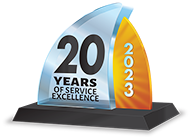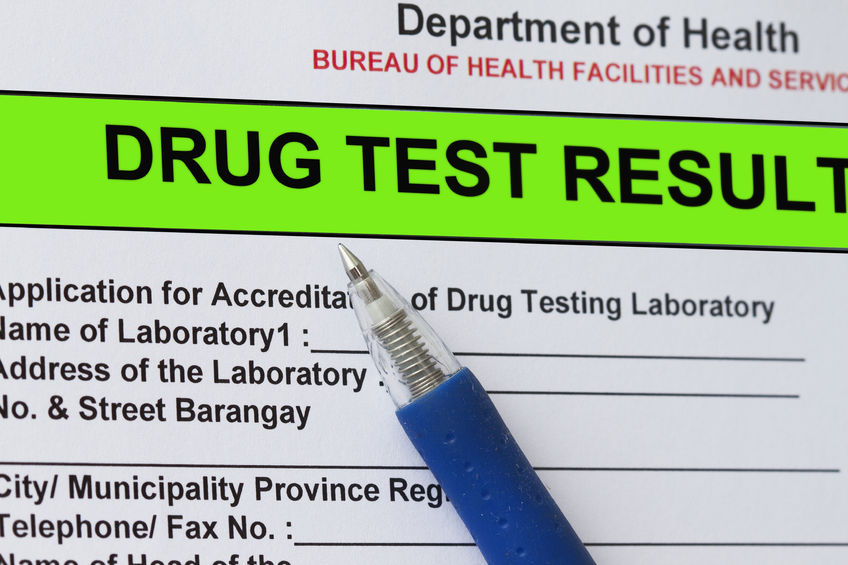Workplace Drug Testing in the DOT Field
The Office of Drug and Alcohol Policy and Compliance (ODAPC) regulates workplace drug testing of certain transportation employees. This includes employees in the following fields: mass transit, aviation, trucking, pipelines and railroads. The ODAPC offers information on employer drug and alcohol testing requirements, how to conduct tests and reinstatement of employees after testing violations.
Workplace Drug Testing – The Importance
It is estimated that 67% of drug users are employed. The workplace drug testing program helps employers in the DOT industry keep their employees drug free and decrease absenteeism due to drug and alcohol use. In addition, it helps ensure passenger safety against transportation employees working while under the influence.
Tips for DOT Workplace Drug Testing
- Know the risks. Drug use among American workers is up across the board for cocaine, marijuana and methamphetamine. According to a recent Quest Diagnostics survey, the drug usage has hit a 12-year high.
- When and who do you test? Pre-employment drug testing should be conducted on successful job candidates, with the offer contingent on a negative result. Meanwhile, random drug testing, especially of the pilots, engineers and drivers of mass transit vehicle, should also occur among existing employees.
- Match the test to your needs. Urine, oral fluid, hair and rapid tests all give you the results you need for workplace drug testing. However, urine testing is perhaps the most common and only form of testing recognized by the department of transportation.
- Determine the window of drug detection. Depending on whether you are testing for recent or long-term usage, drug tests can be customized to accomplish comprehensive screening.
- Choose whether testing will be in-house or outsourced. Employers can conduct some drug test collections themselves at transportation service job site. Many companies outsource this to professional collection organizations better equipped with the test supplies and required paperwork.
- Be transparent. Policies must be consistent and enforced for both job candidates and current transportation employees.
- Train the leadership team. Train supervisors to detect signs of substance abuse among pilots, bus drivers and other transportation employees.
Err on the side of caution in removing employees under the influence from safety-sensitive jobs. Also, document performance-related problems just in case they become frequent – if this occurs it might be a good time to perform a reasonable suspicion drug test. If your safety-sensitive employee fails a drug test you may want to retain them in a non-safety-sensitive position until they complete the DOT SAP return to duty process.
If you are an employer looking for a SAP program for your employees, SAP Referral Services can help. For more information on our services, get in touch with us today.
source:
Top 10 Drug Testing Tips for HR


